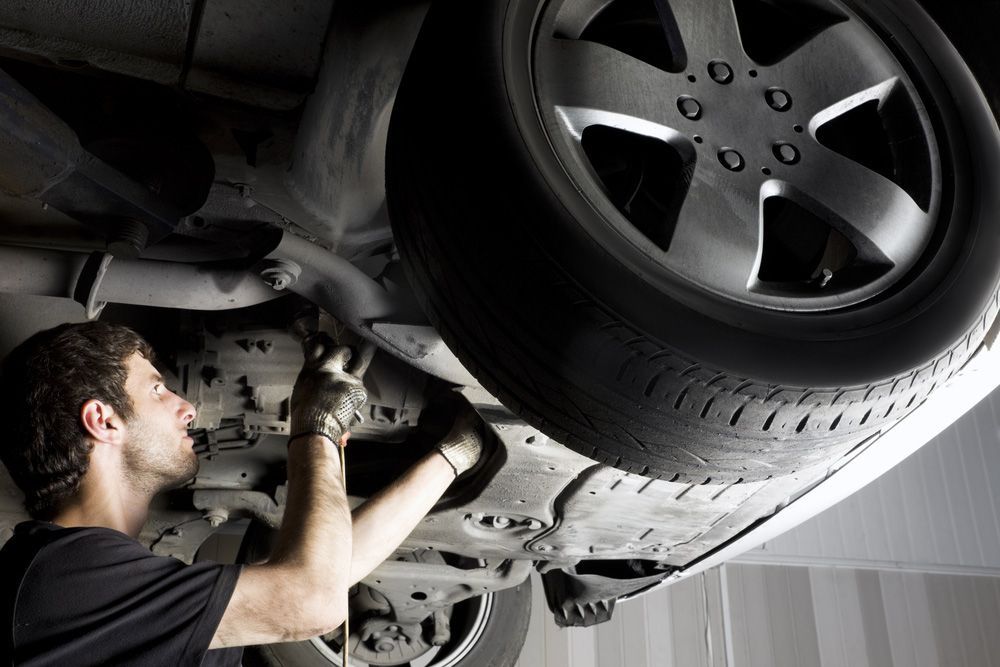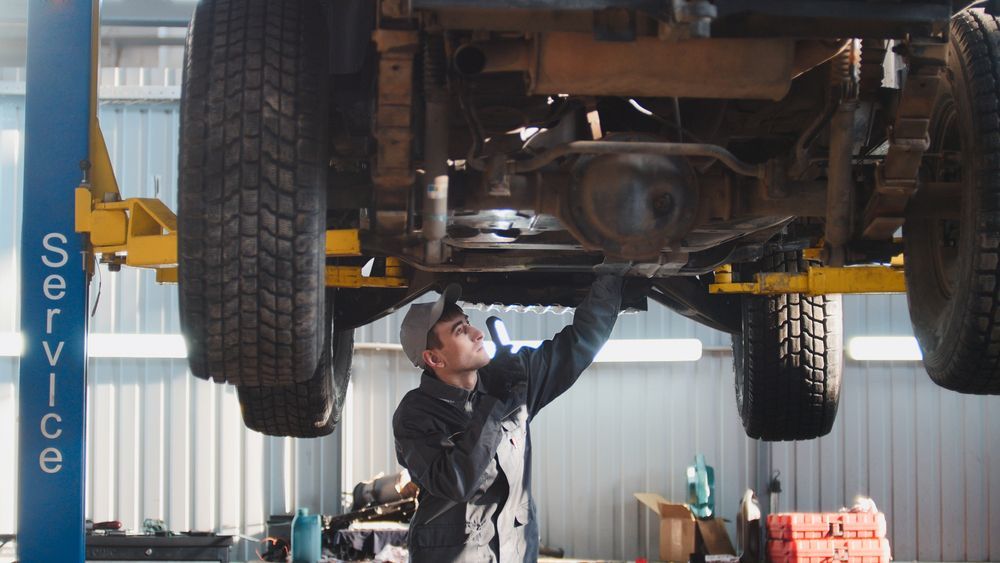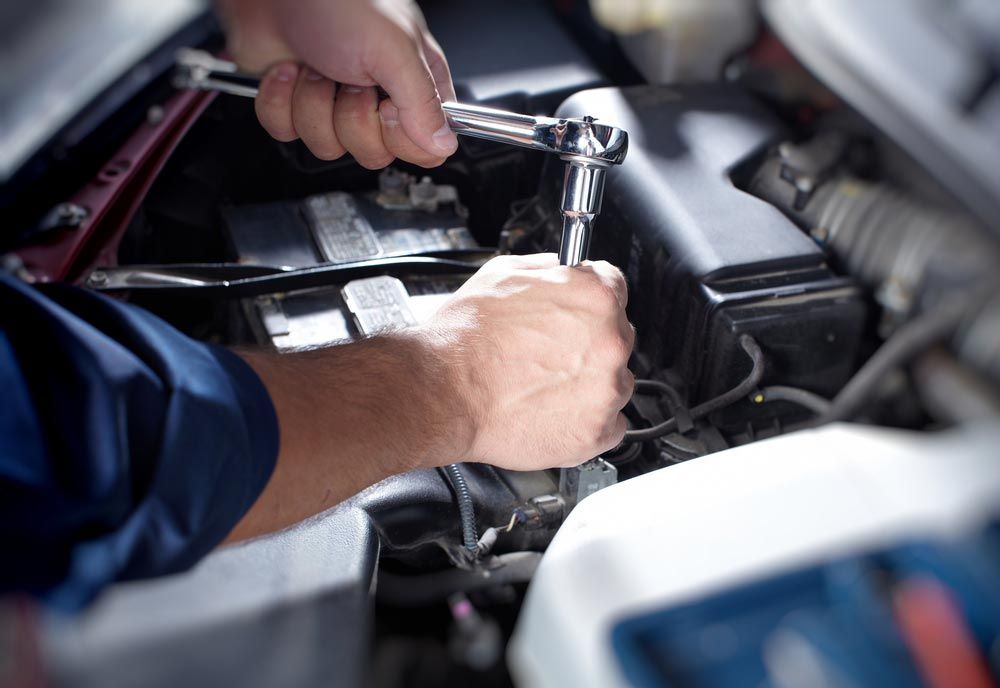Call Us Today! 02 6686 4852
What Is A Timing Belt And When Should It Be Replaced?
If you've ever wondered what keeps your car in perfect sync, the answer is a timing belt.
This important element makes sure your engine keeps running smoothly and ultimately maintains your safety on the road. Therefore, it's probably no surprise that maintaining and replacing your timing belt is crucial.
We've put together this handy guide to explain the functions of a timing belt and when it's time to organise a new part.
What Is A Timing Belt?
A timing belt is a rubber belt with interlocking teeth that connect with your engine's crankshaft and camshafts. It's responsible for synchronising the parts of your engine, and might also power the water, oil and injection pumps.
Without a timing belt, the crankshaft and camshafts won't operate in sync, and your car won't run smoothly. It might experience poor combustion, power loss, or even extensive damage.
Some vehicles have a timing chain instead of a timing belt. A timing chain is made of metal and operates in the same way as a timing belt.
While timing belts feature lighter weight and quieter operation, timing chains tend to be more durable and more modern vehicles include them within their engines.
When Is It Time To Replace My Timing Belt?
Your vehicle manufacturer will stipulate the particular intervals at which your timing belt should be replaced. This is typically every 96,000-160,000 kilometres, and you'll find the specific recommendations for your vehicle in your owner's manual.
As timing belts are made from rubber, they are prone to wear and will break, resulting in engine damage or failure, and broken or damaged valves, camshafts, pistons, and cylinders.
It's therefore important you replace your timing belt when recommended - you'll keep your engine running smoothly and will avoid hefty repair and replacement costs if your engine becomes damaged.
While you might not be able to detect deterioration in your timing belt, there are some signs to look out for that might mean a replacement is on the cards:
- Reduced engine power
- Engine overheating or vibration
- Difficulty starting your vehicle
- A rubbing or squealing noise coming from the belts
- Ticking noises coming from the engine
- Leaking oil
How Much Does Replacement Cost?
Your final cost will depend on your car's make and model, but you'll generally pay between $500-$1,000.
Costs will also depend on whether your car needs a full timing belt kit replacement, which might include bearings, a tensioner, and seals. You could end up paying more if your timing belt has broken, as you may need additional repairs to your engine if it's been damaged.
Your mechanic might also recommend replacing the water pump at the same time, to help save money down the track and to prevent your timing belt from failing.
Contact Us Today
For reliable, efficient timing belt repairs and replacements, contact K & T Ballina Mechanical.
We've been serving the locals of Ballina and its surrounds with reliable, affordable and honest services that leave our customers satisfied.
From logbook servicing to courtesy car hire, we're here to help get you back on the road safely. Call us on (02) 6686 4852.
About
At K&T Ballina Mechanical, we offer auto mechanic and auto repair services for residential, commercial, and industrial customers. One car or an entire fleet.
Contact us today at K & T Ballina Mechanical to book your appointment with one of our highly qualified mechanics. Ballina car repair – we’re open Saturdays.
Company Information
Phone:
02 6686 4852
Email:
kandtmechanical@hotmail.com
Address:
13 Ray O'Neill Cresent, Ballina NSW, 2478
Operating Hours:
Mon-Fri 7:30 AM - 5:30 PM
Sat 8:00 AM - 12:00 PM
Sun Closed
Cars can be dropped off outside of business hours. We offer secure key drop on site.
Find Us On:
Location
About
At K&T Ballina Mechanical, we offer auto mechanic and auto repair services for residential, commercial, and industrial customers. One car or an entire fleet.
Contact us today at K & T Ballina Mechanical to book your appointment with one of our highly qualified mechanics. Ballina car repair – we’re open Saturdays.
Company Information
Phone:
02 6686 4852
Email:
kandtmechanical@hotmail.com
Address:
13 Ray O'Neill Crescent, Ballina NSW, 2478
Operating Hours:
Mon-Fri 7:30 AM - 5:00 PM
Sat 8:00 AM - 12:00 PM
Sun Closed
Cars can be dropped off outside of business hours. We offer secure key drop on site.






